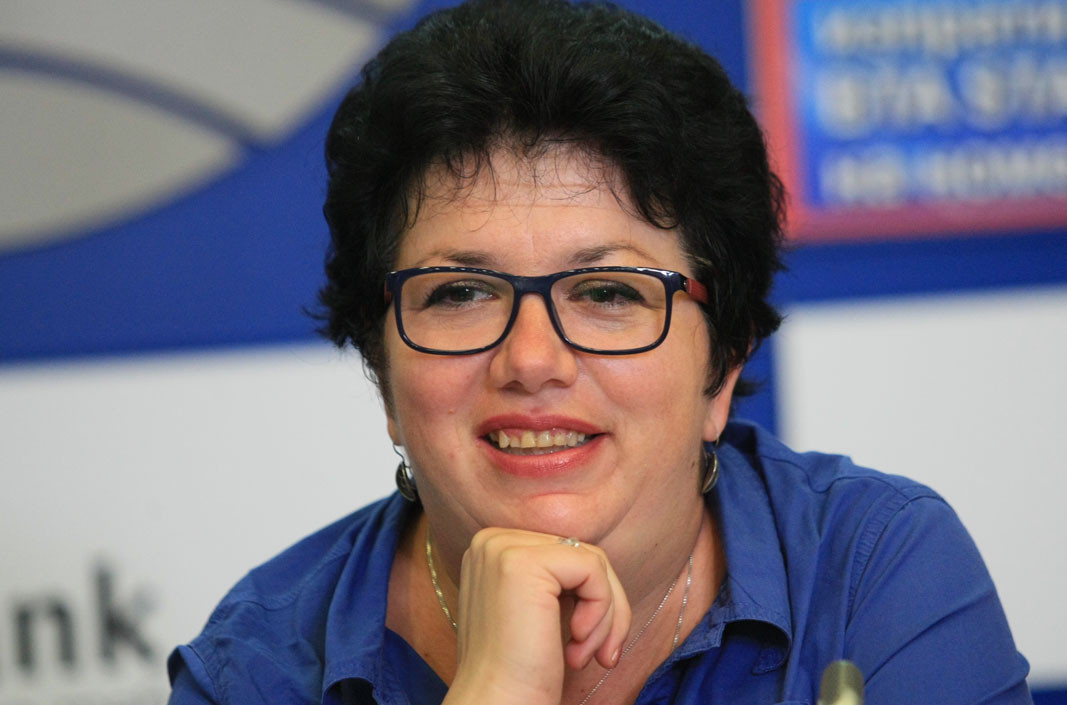The population of Bulgaria is currently about six and a half million people. Processes of population decline in the country have been deepening and the gloomy forecasts by researchers indicate that by 2040 Bulgaria’s population will decline by 25 percent. According to experts, who presented data from a study of the demographic problems of Bulgaria and regional demographic disparities, it is expected that in 20 years no more than 5 million and 400 thousand people will live on Bulgarian territory. The analysis focuses on data available before the start of the Covid-19 pandemic in 2020.
Bulgaria lacks the young active contingent of the population and at the same time this country is in the penultimate place when it comes to life expectancy in the EU, researchers point out in their report. "There is also a problem of illogical territorial, economic and social disparities. That is why the system is starting to lose balance," Assoc. Prof. Georgi Bardarov from the Sofia University “St. Kliment Ohridski”, who is among the authors of the representative demographic survey, says. According to him, about 200,000 Bulgarians have returned to Bulgaria during the pandemic, but the question is whether there is anything to keep them here after it is over.

"Before the pandemic, this country ranked first in mortality, not just in the EU, but in the whole of Europe and held one of the top places in the world," the analyst says. “There are no administrative district units in the EU, where mortality rate exceeds 20 per mille or even 15 per mille. There are Bulgarian municipalities where mortality rate exceeds 50 per mille. The reasons behind the excessive mortality in this country are the complete collapse of local health care, the lack of young and active population to boost economic progress, as well as deepening poverty, which does not allow prevention of curable diseases.”
There is no region in Bulgaria with a positive natural population growth, nor a region where people over 65 are less than 20% of the population, analysts say.
"An alarming trend is not so much the decline in population density, but the fact that in 20 years the urban population would reach 79%," Assoc. Prof. Nadezhda Ilieva of BAS added.

"The disappearance of settlements and the population decline lead to the emergence of the so-called demographic deserts – areas where population density is less than 10 people per sq. km. In 2040 such areas would cover 69% of the territory of Bulgaria. Before 2016 these areas were 23% of the country’s territory. An alarming trend is that the number of settlements without able-bodied population is also growing and by 2040 this would be the situation in 40% of the Bulgarian villages. They are practically doomed to die.”
Scientists have also been looking for the root causes of the reported negative trends. They find them in the characteristics of Bulgarian society, which instead of building on what had been previously achieved, tends to start everything all over again. This has been observed for more than a century – starting from the years after the Liberation (1878) to this day. This country is constantly starting reforms from the beginning and this is a huge problem that affects every sphere of life, Assoc. Prof. Georgi Bardarov says. The fact that this country is part of the world’s 10% of countries with the most favorable natural living conditions must not be underestimated. Climate changes and overpopulation in the world would make Bulgaria’s territory an increasingly attractive place to live.
English: Alexander Markov
Photos: BGNESTeodora Byalkova joined the Bulgarian Sunday school "Sts. Cyril and Methodius" in Athens in the 2022/23 school year. At that time, she also organized the dance formation "Ludi-Mladi" for current and graduated students. Since then, the..
The village of Novo Selo is located on the road between Veliko Tarnovo and Sevlievo. Here archaeologists have found tools used by people during the Chalcolithic, which testify to an active economic life in the area. There is also..
The mountain resort of Bansko is set to become the capital of mountaineering culture, adventure, and travel, featuring films, exhibitions, and presentations that detail the limits of human possibility. From November 19 to 23, the "Bansko Film..

+359 2 9336 661
